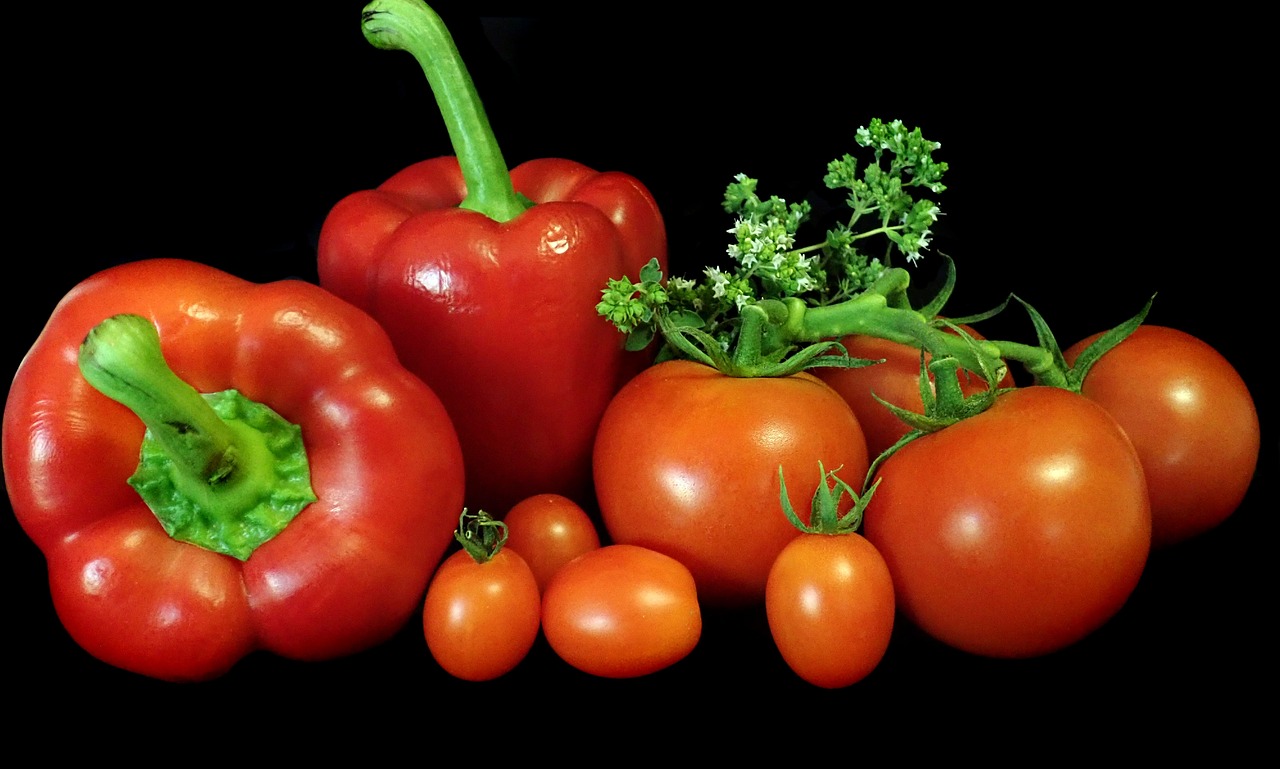The Rise of Edible Insects as a Sustainable Protein Source
Edible insects have gained recognition as a sustainable protein source due to their high nutritional value. Insects such as crickets, mealworms, and grasshoppers are rich in protein, vitamins, and minerals, making them a viable alternative to traditional protein sources like beef or poultry. Additionally, insects require significantly fewer resources, such as water and feed, to produce the same amount of protein compared to livestock, making them more environmentally friendly.
Furthermore, edible insects are a low-cost protein option, particularly in regions where access to affordable protein sources is limited. Insect farming can be done on a small scale, requiring minimal investment and space, which can empower communities to produce their own protein locally. This aspect of insect consumption not only promotes food security but also provides economic opportunities for individuals to engage in sustainable farming practices.
History of Insect Consumption
Insect consumption dates back thousands of years and has been a common practice in many cultures around the world. Ancient civilizations such as the Greeks, Romans, and Aztecs embraced the consumption of insects as a valuable source of nutrition.
In Asia, particularly in countries like Thailand and China, insects have been a traditional delicacy enjoyed for generations. The indigenous populations in Australia and Africa have also incorporated insects into their diets as a sustainable and nutrient-rich food source.
How long have humans been consuming insects?
Humans have been consuming insects for thousands of years. In fact, it is estimated that insects have been a part of human diets since prehistoric times.
What are some benefits of consuming insects as a protein source?
Insects are a highly nutritious protein source, rich in essential amino acids, vitamins, and minerals. They are also more sustainable to produce compared to traditional livestock.
How have attitudes towards insect consumption changed over time?
While insect consumption has been common in many cultures throughout history, it has faced stigma in Western societies. However, there has been a growing interest in incorporating insects into diets for their nutritional and environmental benefits.
Are there any cultural or religious beliefs that influence insect consumption?
Yes, there are cultural and religious beliefs that influence whether or not certain groups consume insects. For example, in some cultures, insects are considered a delicacy, while in others, they are strictly prohibited.
How are insects typically prepared for consumption?
Insects can be prepared in a variety of ways, including roasting, frying, or grinding into a powder. They can be eaten whole or incorporated into dishes such as soups, stir-fries, or baked goods.





